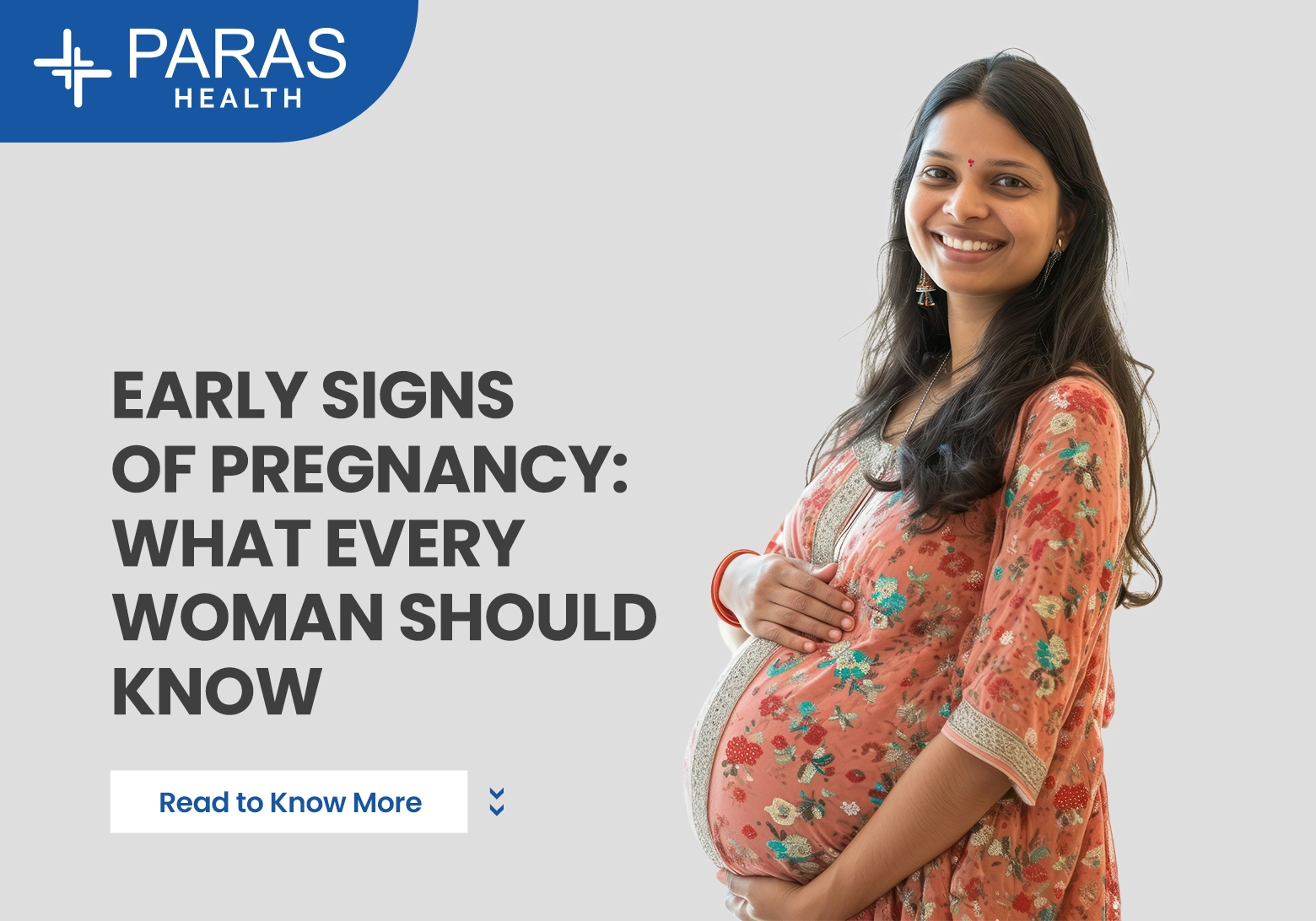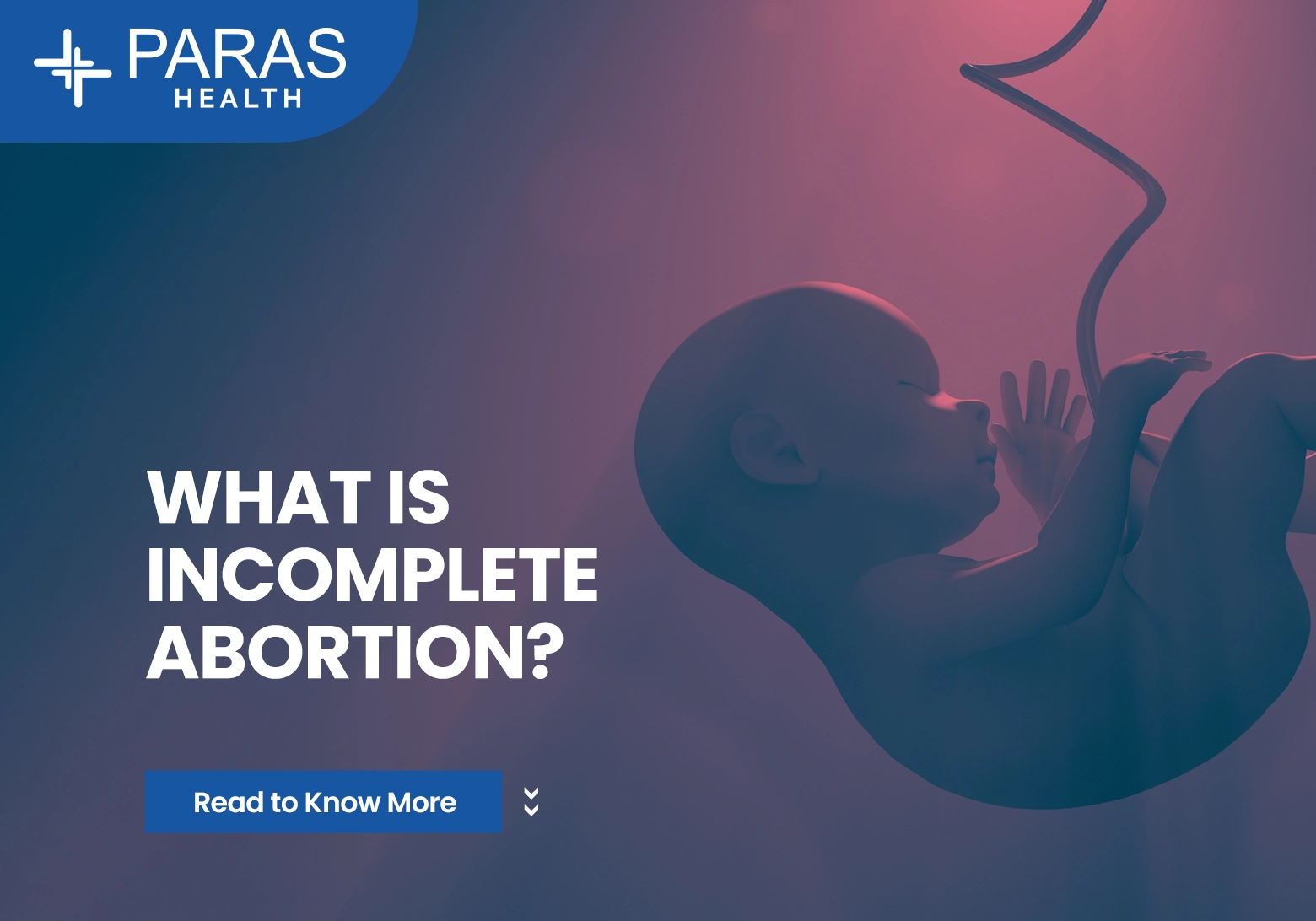Symptoms of Premenstrual Syndrome (PMS): What to Expect & How to Get Relief
May 26, 2025
If you’ve ever found yourself feeling more emotional than usual, craving chocolate, or dealing with bloating a few days before your period — you’re not imagining it. These could be symptoms of Premenstrual Syndrome (PMS), a condition many women experience in the days leading up to their menstrual cycle.
PMS can feel different for everyone, but understanding what’s normal and when to seek help can make all the difference. In this blog, we’ll cover everything you need to know about PMS symptoms, why they happen, and what you can do to feel better.
What is PMS?
Premenstrual Syndrome (PMS) is a group of physical, emotional, and behavioral symptoms that occur in the 1 to 2 weeks before your period. These symptoms usually go away once your period starts or shortly after.
It’s very common — in fact, up to 3 out of 4 women experience PMS at some point. For some, it’s mild. For others, it can feel overwhelming. But one thing’s for sure: PMS is real, and it’s your body’s way of signaling that hormonal changes are in play.
Symptoms of Premenstrual Syndrome (PMS)
Let’s break PMS symptoms down into three main categories:
Emotional and Psychological Symptoms
These are often the most noticeable changes:
- Mood swings: Feeling happy one minute, irritated the next
- Sadness or mild depression: You might feel low without a clear reason
- Anxiety: A general feeling of uneasiness or tension
- Irritability or anger: Even small things might feel overwhelming
- Crying easily:More emotional than usual
- Trouble concentrating – Difficulty focusing or remembering things
- Sleep issues – Trouble falling asleep or feeling overly sleepy
Why this happens: Fluctuations in hormones like estrogen and progesterone affect the brain’s serotonin levels — which influence mood, sleep, and emotions.
Physical Symptoms of PMS
These can make your body feel completely out of sync:
- Bloating: Water retention can make your stomach feel puffy
- Breast tenderness: Your breasts may feel sore or swollen
- Cramping before period: Similar to menstrual cramps, but they start earlier
- Headaches or migraines
- Fatigue or low energy: Feeling tired even with enough rest
- Back pain
- Acne breakouts: Hormonal changes may trigger pimples
- Nausea or digestive issues: Including constipation or diarrhea
- Food cravings: Especially for sweets, salty snacks, or carbs
🥗 Tip: Staying hydrated and avoiding excess salt or sugar can help reduce physical symptoms like bloating and fatigue.
Behavioral and Lifestyle Changes
These symptoms may not be as obvious, but they can impact your daily life:
- Withdrawal from social activities: Not feeling like being around people
- Reduced productivity: Difficulty concentrating at work or school
- Lower libido: Less interest in sex during this time
- Feeling overwhelmed easily: Even routine tasks may feel harder
When Do PMS Symptoms Start?
Most women experience PMS symptoms 5 to 10 days before their period starts, and they usually improve once bleeding begins or shortly after. However, the duration and severity of symptoms can vary from one cycle to another.
What Causes PMS?
While the exact cause isn’t fully understood, hormonal changes during your menstrual cycle are the main reason. After ovulation, levels of estrogen and progesterone rise and fall — which impacts how your body and brain function.
Here are a few contributing factors:
- Chemical changes in the brain, especially serotonin
- Nutrient deficiencies, like low magnesium or vitamin B6
- High stress levels
- Lack of physical activity
- Poor sleep or irregular sleep cycles
- Underlying medical issues, like thyroid disorders or depression
How is PMS Diagnosed?
There’s no lab test specifically for PMS. Diagnosis usually involves:
- Tracking symptoms for at least two menstrual cycles
- Noting when symptoms start, how long they last, and how intense they are
- Ruling out other conditions like anxiety, depression, or thyroid imbalance
A symptom diary can be very helpful. Just jot down how you feel each day — physically and emotionally.
How to Get Relief from PMS Symptoms
You don’t have to suffer in silence. Many women find relief through a combination of lifestyle changes and medical support.
Lifestyle Tips to Ease PMS Naturally
- Exercise regularly – Helps reduce mood swings, fatigue, and cramps
- Eat a balanced diet – More fruits, vegetables, whole grains, and lean protein
- Limit salt, sugar, caffeine, and alcohol – Reduces bloating and irritability
- Drink plenty of water – Aids digestion and reduces water retention
- Practice stress management – Try yoga, meditation, or deep breathing
- Get enough sleep – Aim for 7–8 hours of quality sleep
- Take warm baths – Can soothe cramps and relax muscles
💊 Medical Treatment Options
If PMS symptoms are severe or disrupting your life:
- Over-the-counter pain relievers: Like ibuprofen for cramps and headaches
- Hormonal birth control pills: To stabilize hormone levels
- Antidepressants (SSRIs): Especially for severe mood symptoms
- Calcium, magnesium, and vitamin B6 supplements: May help reduce irritability, cramps, and fatigue
- Cognitive behavioral therapy (CBT): For emotional regulation and stress
Always consult a doctor before starting new medication or supplements.
🚨 When Should You See a Doctor?
It’s time to seek help if:
- Your symptoms are severe or worsening
- They interfere with work, relationships, or day-to-day life
- Over-the-counter remedies aren’t helping
- You suspect Premenstrual Dysphoric Disorder (PMDD), a more intense form of PMS
At Paras Health, our expert gynecologists specialize in women’s health, hormonal care, and menstrual issues. Whether you're looking for a diagnosis, treatment, or ongoing support, we’re here for you.
📞 Need Help with PMS? Let’s Talk.
If you’re dealing with difficult PMS symptoms and want expert guidance, visit your nearest Paras Hospital.
📍 Find us in Gurgaon, Patna, Panchkula, Ranchi, and more
📞 Call 8080808069 to book your appointment
🌐 Or visit www.parashospitals.com for online consultations
✅ Final Thoughts
PMS is common, but that doesn’t mean you have to live with it untreated. From mood swings and food cravings to physical discomfort, PMS can impact your quality of life — but help is available.
Understanding your body, tracking your symptoms, and making simple changes can help you feel more in control. And when you need professional help, trusted care is just a call away.
Frequently Asked Questions (FAQs)
Can PMS cause depression and anxiety?
Yes, PMS can affect mood due to hormonal changes. If it’s intense, it might be PMDD — consult a doctor.
What is the difference between PMS and early pregnancy symptoms?
Both can cause fatigue, bloating, and mood changes. A missed period and a pregnancy test help confirm the difference.
Is there a natural cure for PMS?
While not a “cure,” healthy lifestyle habits, supplements, and stress management can greatly reduce symptoms.
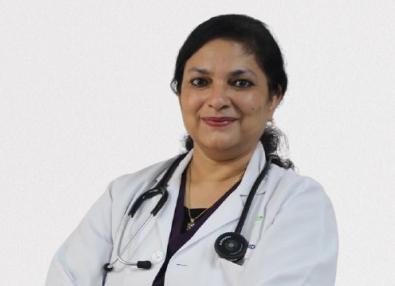


.webp)
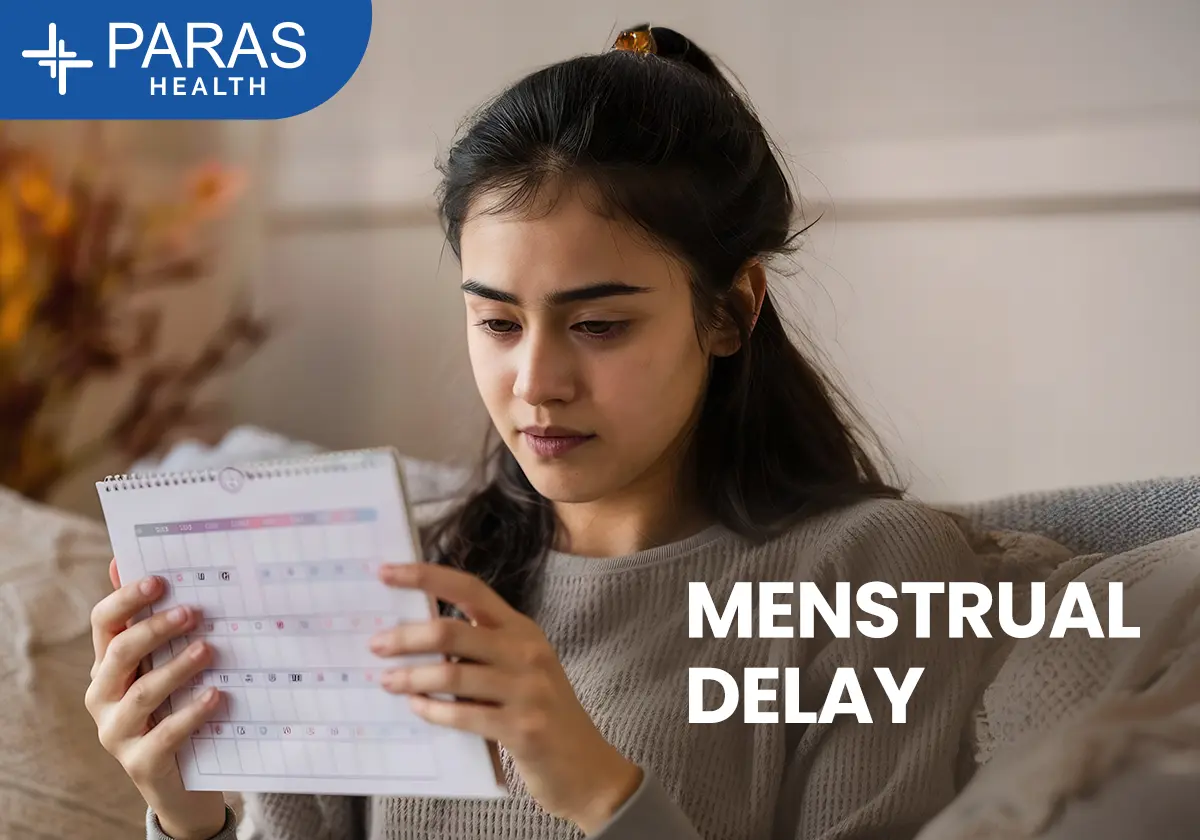
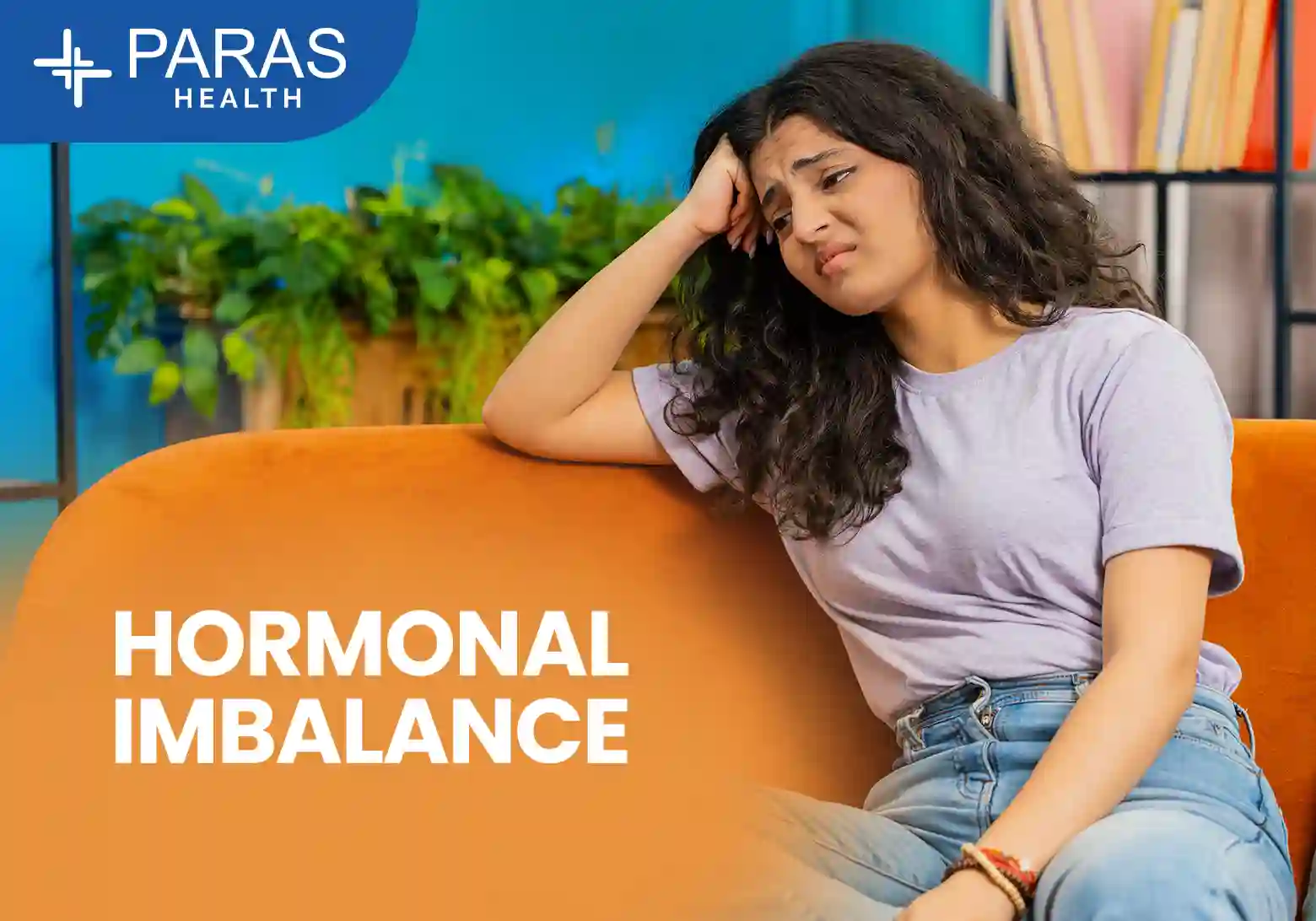
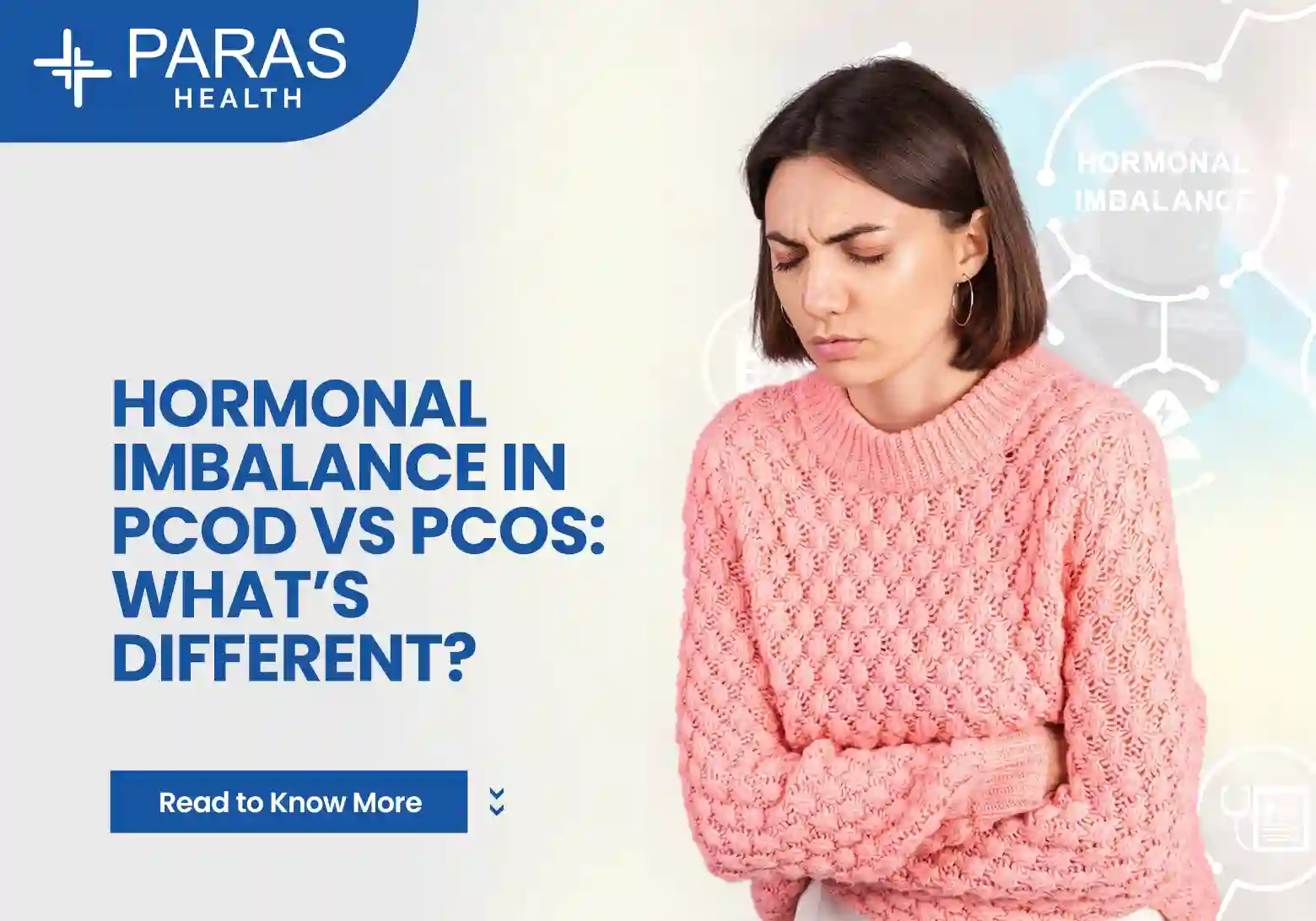
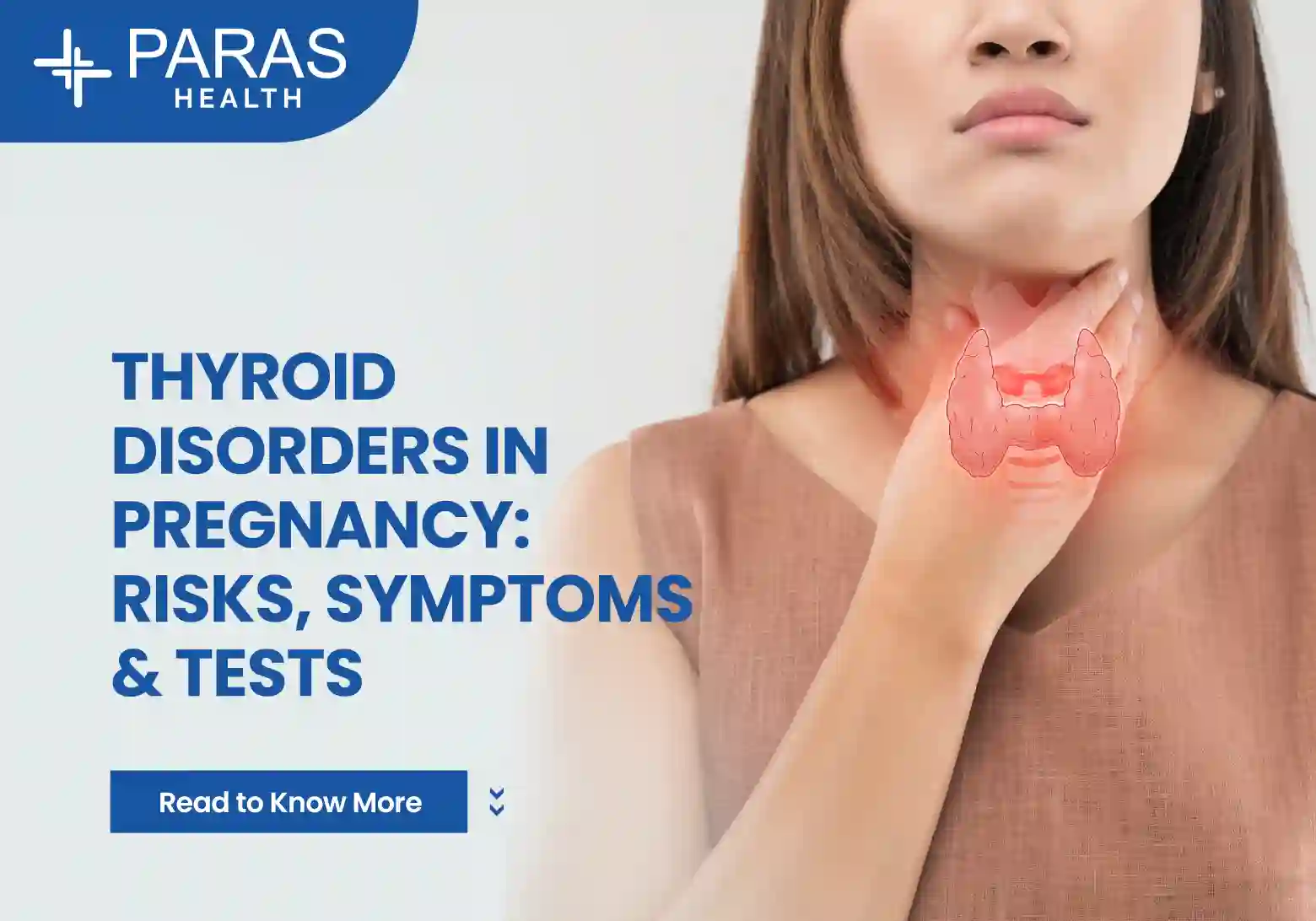
.webp)
